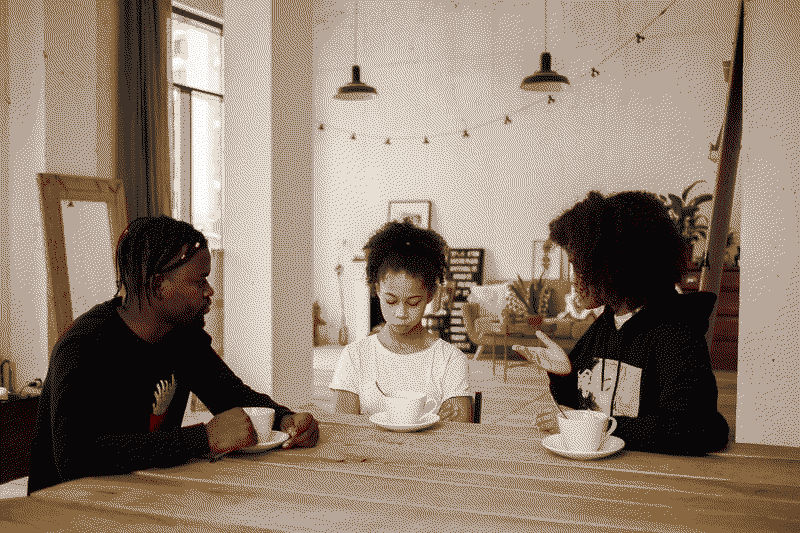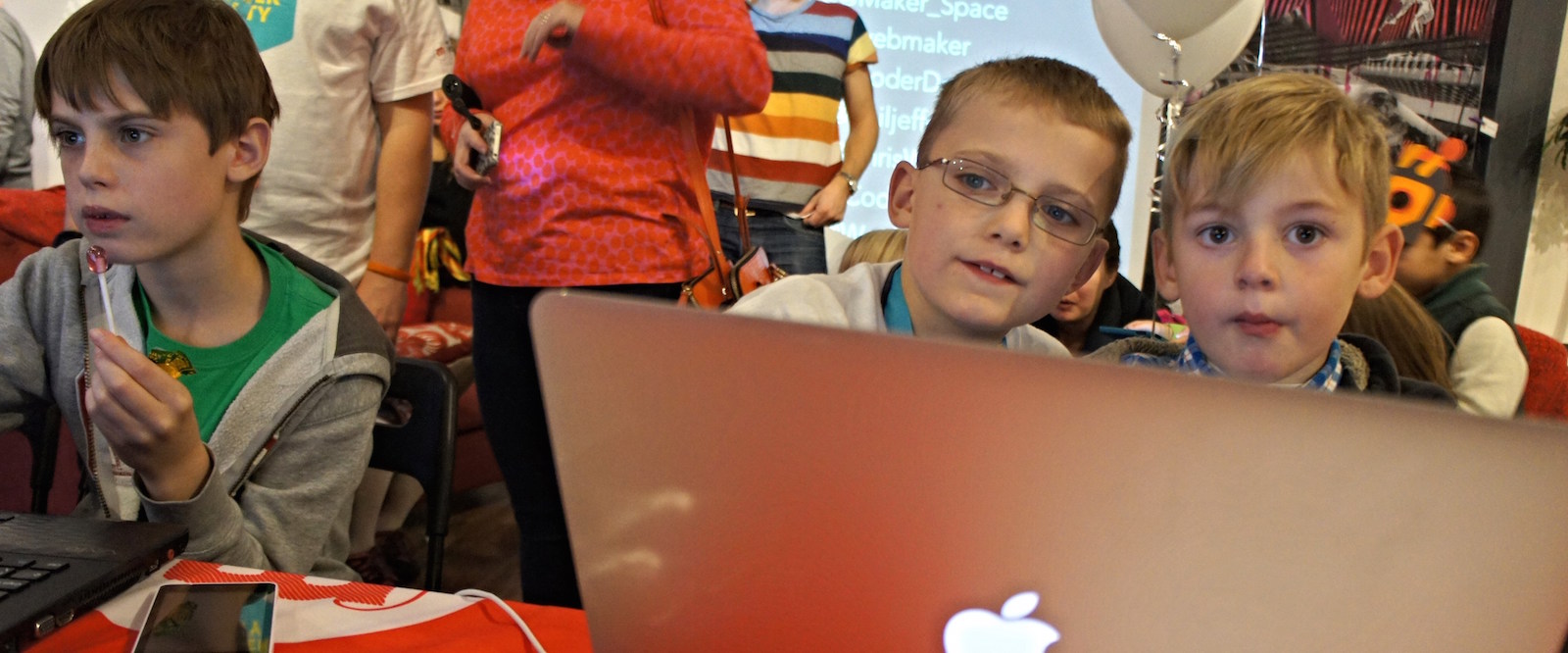That silent disappointment face, the one that I can’t bear

Perhaps one of the most powerful tools in the toolbox for parents, educators, coaches is disappointment. Whether real or feigned, once a relationship of respect is established between child or student and the person with “pedagogical authority”, then expressing disappointment can be amazingly effective.
In the film Coach Carter, which I watched again with my son at the weekend, the coach in question establishes a culture of respect in a basketball team. He does this initially through discipline. Once this discipline is established, however, he maintains team performance by conveying disappointment when its members contravene the established rules.
Conveying disappointment can be done in at least three ways. Depending on the skills of the pedagogical authority, this can be done in more or less precise ways. In my experience, the most common way of expressing disappointment is through body language: facial expressions, sighing, turning the back. The child or student needs to be able to connect that body language to the thing they have just done.
The next level is verbal: pointing out what the child or student has done to disappoint the pedagogical authority. This is more precise as the child or student is left in no doubt as to what it is they have done. The third level, however, takes on a longer temporal element in that it is written. In my experience, expressing disappointment in written form is the most powerful way of conveying it to a child or student. Unlike body language and verbal expressions which are transitory, a written expression of disappointment is something they can read several times.
As such, disappointment as a tool needs to be conveyed as precisely as possible. The temptation is to over-use it, especially body language and verbal expressions. This can lead to either the child or student starting to ignore the disappointment, or to do the opposite: to take it all onboard which leads to a feeling of helplessness, and a culture of negativity.
Disappointment as a tool between pedagogical authority and child or student is a form of interpersonal relationship. Another form of interpersonal disappointment happens between friends, lovers, and colleagues. In other words, whereas the previous type involved a hierarchical relationship, this type of disappointment happens between peers.
The same three types of expression (body language, verbal, and written) are the forms taken by this disappointment, in my experience. However, because the power relationship is different, the results also differ. In my experience, expressions of disappointment are much less likely to be precisely articulated and instead conveyed via body language. Sometimes (often?) this is involuntary.
As the connection between what the other person has done and the (involuntary) body language is not clear, the feedback loop is often incomplete. This can lead to confusion and problematic relations between the two people, as the cause of the problem has not been identified precisely. There is a feeling of tension, which contribute to what Alex Komoroske calls ‘coordination headwinds’.
The best thing to do in this situation is for one person to verbalise their disappointment in ways that focus on their emotions. For example, there are techniques in both sociocracy and counselling that include sentence templates such as, “When you do… I feel… because…”
The third type of disappointment is intrapersonal. That is to say, it involves disappointment with oneself. In my experience, this kind of disappointment is often felt rather than expressed in a form that involves words. It is a form of internal body language.
One strategy to explore with disappointment with oneself is to externalise the feelings. This is explored in the book How To Think Like a Roman Emperor by the philosopher and psychotherapist Donald Robertson, who has a special interest in Stoicism and Cognitive Behavioural Therapy (CBT).
Carrying on with the above theme, then, there are two ways to do this: to verbalise the disappointment and to write it down. CBT is an extremely effective way to verbalise disappointment in oneself, as a trained therapist and guide is there to help you stop spiralling downwards.
Journaling, or maintaining a diary, is a good way to write down the disappointment. Once it’s there on the page in front of you, it either has the power to change your actions going forward, or it looks less of a big deal than it felt in your head. Either way, you can do something about it.
As you may have gathered, I have been both on the receiving end of disappointment and the person conveying it to others recently. This is not a “philosophy of disappointment” as such, although I purposely avoided searching for the term until I’d written the preceding. Perhaps to develop it further I need to read this article in The Independent, watch this 2010 talk by Simon Critchley, and perhaps examine this analysis of the philosophy of Schopenhauer and Nietzsche…
Image based on an original by Monstera. Quotation-as-title via Arctic Monkeys.


